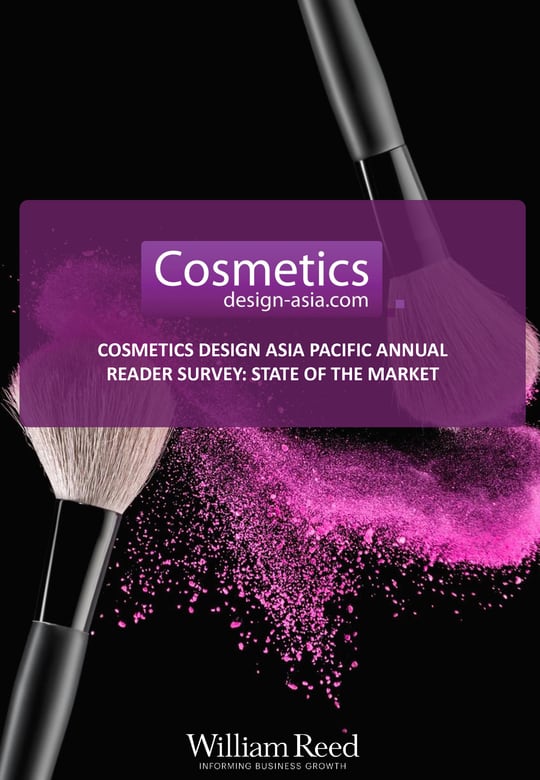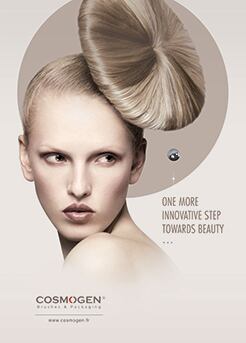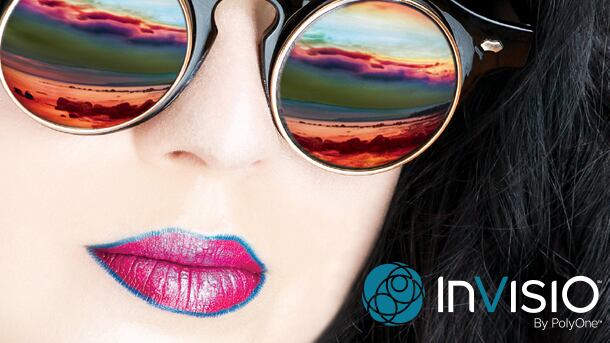
Survey Report: Cosmetics Design Asia-Pacific first annual reader survey: state of the market
In May 2017, Cosmetics Design Asia conducted its inaugural ‘state of the industry’ survey, asking cosmetic and personal care industry professionals about their take on the industry and the...


